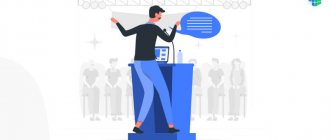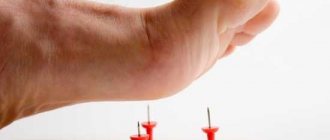A considerable number of people wonder how stress and pressure are related. It should be noted that any emotional outburst, regardless of its nature, can be called a source of stress. In other words, a situation atypical for the body is formed to which it must adapt. In such cases, for the purpose of protection, the body begins to intensively synthesize substances that are sometimes called “stress hormones.” As a rule, this is adrenaline, produced by the adrenal medulla, as well as corticoids, which are synthesized by the cortex of these organs. Adrenaline has a powerful effect on the arteries, causing them to narrow, and glucocorticoids enhance its effect. This is why increased blood pressure during stress is common.
Can blood pressure rise due to stress?
Increased blood pressure during severe stress is a common phenomenon, since the cardiovascular system primarily responds to the release of adrenaline into the blood. During periods of stress, the hormone is processed by the muscles, but if muscle activity is insufficient, the heart takes on the entire load. This increases the volume of blood in the vessels, causing blood pressure to rise. With regular nervous tension, the heart muscle begins to suffer, and dangerous diseases develop that are difficult to treat.
Enter your pressure
Move the sliders
120
on
80
Treatment is medicinal
If your blood pressure increases once in a stressful situation, you should not immediately take antihypertensive drugs. It is possible that the blood pressure will drop immediately after the person has calmed down or taken a sedative to relieve irritability. To do this, you can take herbal medicines - motherwort or valerian.
However, if the pressure rises in any nervous situations, then, in addition to sedatives, additional groups of drugs are prescribed. Such drugs include:
- beta blockers . The pressure is lowered by reducing the heart rate, which has a depressing effect on the nervous system;
- diuretics . They are also called diuretics. The principle of reducing pressure is based on increasing renal blood flow, thereby ridding the body of excess fluid;
- alpha blockers . They eliminate vascular spasm, thereby significantly reducing blood pressure;
- calcium channel blockers . This medication inhibits the flow of calcium into the cell, thereby slowing down its contraction. As a result, the pressure returns to normal;
- ACE inhibitors. They lower blood pressure by increasing vasodilatory reactions and blocking the hormone angiotensin. This drug also has a beneficial effect on kidney function and can be taken by diabetics.
Treatment begins with one drug, and if the need arises, a second or third is added. When prescribing any of the drugs by a specialist, you should never skip a dose or reduce the dose yourself. And the most basic principle is to constantly monitor your blood pressure levels yourself.
Is there any cause for concern?
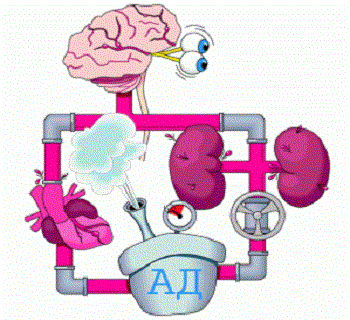
If a person experiences severe stress and their blood pressure rapidly rises, while symptoms of heart failure develop, this is an alarming symptom. It is worth seeing a doctor and undergoing a diagnostic test to rule out a dangerous disease and begin treatment in a timely manner. In the case when a stressful situation provoked a sharp increase in blood pressure and then, when it was possible to calm down, the pressure drops, this is the norm, since such a reaction is considered acceptable.
Even if an adult has low or very low blood pressure, it increases due to stress, so there is no need to worry about this, especially if you know the reason for the increase.
Stress and hypertension
Many people have heard the expression more than once that almost all diseases are caused by nerves. Indeed, under stress, there is an intense reaction in the body’s synthesis of hormones, which lead to increased vascular tone and cardiac output. Due to the action of biologically active substances, the heart rate may increase, which provokes high blood pressure.
Often stress is short-lived. After a certain time, everything returns to normal. However, there are people with a congenital predisposition to hypertension. In these individuals, stress and hypertension are directly related and nervous situations for them are a kind of trigger for the manifestation of the disease.
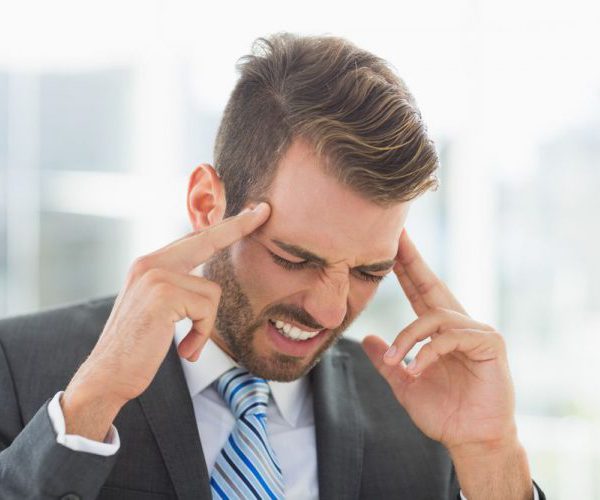
Stress, which causes high blood pressure, varies. For some people it is triggered by work. This option is called office hypertension in the methodological literature. Often, detection of the disease in these individuals is delayed, since blood pressure is measured outside the workplace. However, the situation is clarified by the discovery of inflated pressure levels at work. This becomes possible thanks to a device for round-the-clock blood pressure monitoring.
However, there are also patients whose blood pressure rises under the influence of their environment or family. Systematic determination of indicators at home helps to identify such a problem. Another circumstance that provokes high blood pressure is a visit to the doctor. This type of hypertension is called white coat hypertension. Fortunately, for such people the likelihood of pathology is as low as for healthy citizens, since visits to the doctor are quite rare and short-lived. As a rule, a similar problem occurs in every 5th person, but it does not require specialized correction of the condition.
However, it is important to remember that prolonged increases in blood pressure repeated at certain intervals can lead to the body’s adaptation to high blood pressure levels, and therefore addiction to hypertension.
The body regards high blood pressure as normal, and normal levels are perceived by the body as low, so some discomfort may occur. Such moments cause certain erroneous conclusions in patients with hypertension, under the influence of which many avoid correcting blood pressure levels.
Such people are of the opinion that no matter how high their blood pressure rises, this is just their individual characteristic and there is no reason to worry. But hypertension has already begun its destructive work, which is expressed in the following:
- in damage to arteries, kidneys, brain;
- in heart pathologies;
- in pulmonary edema.
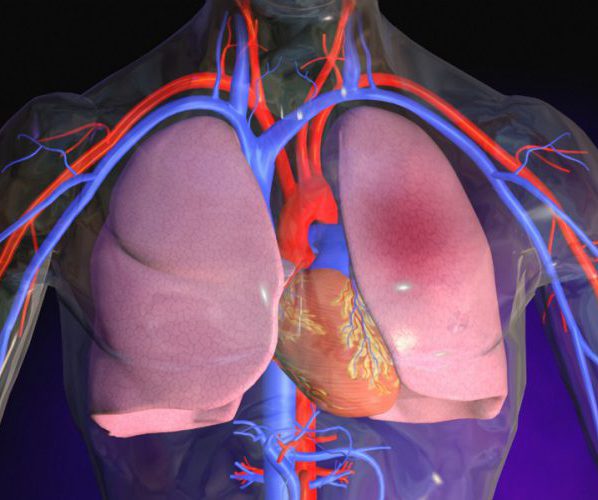
Under these circumstances, a hypertensive crisis is the lesser of the evils, but the real retribution for frivolity in the form of a heart attack or stroke, alas, threatens in the near future.
What to do and how to deal with the problem?
Any stress in a person’s life always increases blood pressure, even if it is initially slightly lower or very low. Since you still won’t be able to protect yourself from stress, it’s worth preventing the negative impact of difficult situations on the cardiovascular system. First of all, you can reduce blood pressure from stress through physical activity. This doesn't mean you should run to the gym and start doing strength exercises. It is enough to perform normal everyday movements - walking, arm movements, moderate breathing. Over time, the adrenaline will leave the body and the condition will improve.
A set of yoga breathing exercises, which are aimed at concentrating attention on the breathing process itself and the ability to distract from stress, can help control the situation. But it is important to keep in mind that you should start doing exercises under the supervision of a master, who will point out mistakes, which will enable a positive result. Performing asanas on your own can lead to adverse consequences, so do not try to do them on your own.
Prevention of nervous hypertension
High blood pressure due to nervousness is not treated with medication in the early stages. First you need:
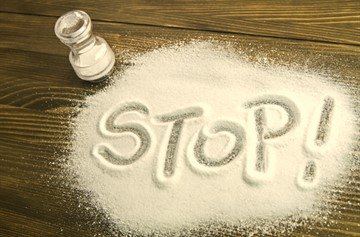
- limit salt intake;
- abstain from alcohol;
- if you are overweight, try to reduce it;
- exercise as much as possible.
First of all, attention should be paid to sports. 30 minutes a day 3 times a week is enough.
The most positive effect is exerted by a walking step and easy running. Many doctors highlight the effectiveness of exercise in the pool.
In addition to exercise, it is very important to follow a diet. You need to include in your diet foods that can relax the nervous system:

- sea fish, cereals and legumes - contain phosphorus necessary for the nervous system;
- seafood and seaweed - contain iodine, which maintains hormonal balance;
- spinach, bananas, meat products, cereals, citrus fruits, liver - contain potassium, calcium, lecithin and B vitamins, which support the functioning of the heart and regulate the functioning of nerve receptors.
Hypertensive patients practice breathing exercises. Thanks to constant training, during stressful situations it is possible to lower blood pressure by 10-15 mm. rt. Art. within 15 minutes.
How to treat with medications?
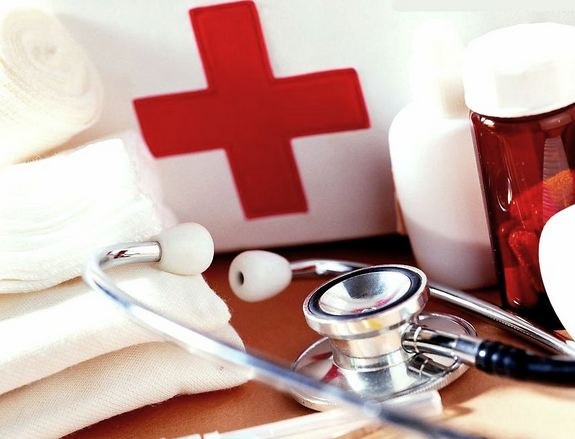
It is not advisable to treat such a situation with medications; it is enough to learn to cope with the problems on your own. But if a person has hypertension and heart problems, it is important to see a doctor who will prescribe sedatives and auxiliary medications. It is important to know that self-medication in this case is contraindicated, since taking heart medications can worsen the condition and lead to irreversible consequences.
Symptoms of high blood pressure
When blood pressure rises, the patient experiences unpleasant symptoms. The higher the indicator rises, the stronger the clinical manifestations are observed. Signs of hypertension include:
- Headache.
- Rapid pulse.
- Noise in ears.
- Redness of the skin of the face.
- Profuse sweating.
- Violation of spatial orientation.
- Attacks of dizziness.
If such manifestations occur, the pressure should be measured using a tonometer. If the device shows an increased value, measures should be taken to normalize blood pressure and consult a specialist.
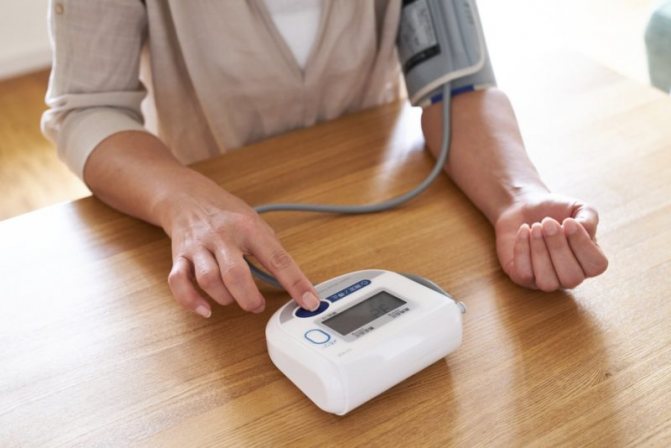
Only after measuring the pressure can measures be taken so as not to harm the body
Anti-stress nutrition
Following a diet is important, but you need to eat healthy foods. Various diseases are largely provoked by a lack of vitamins and nutrients that are involved in the processes of metabolism and the construction of body cells.
Stimulating drinks such as tea and coffee should be excluded from the diet. It is better to give preference to herbal preparations based on sedative medicinal herbs and rose hips. Plant substances slightly inhibit the functioning of nerve cells, improve sleep, digestion and water-salt metabolism. Most of the substances contained in them cannot be obtained from food.
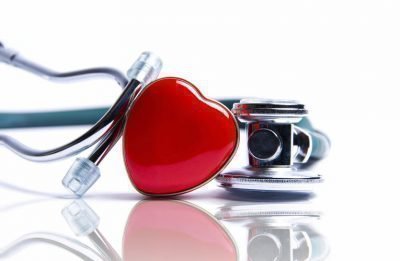
The following products must be present in the diet:
- medium fat meat;
- walnuts;
- dried fruits;
- citrus;
- legumes and cereals;
- sea fish.
